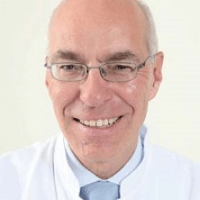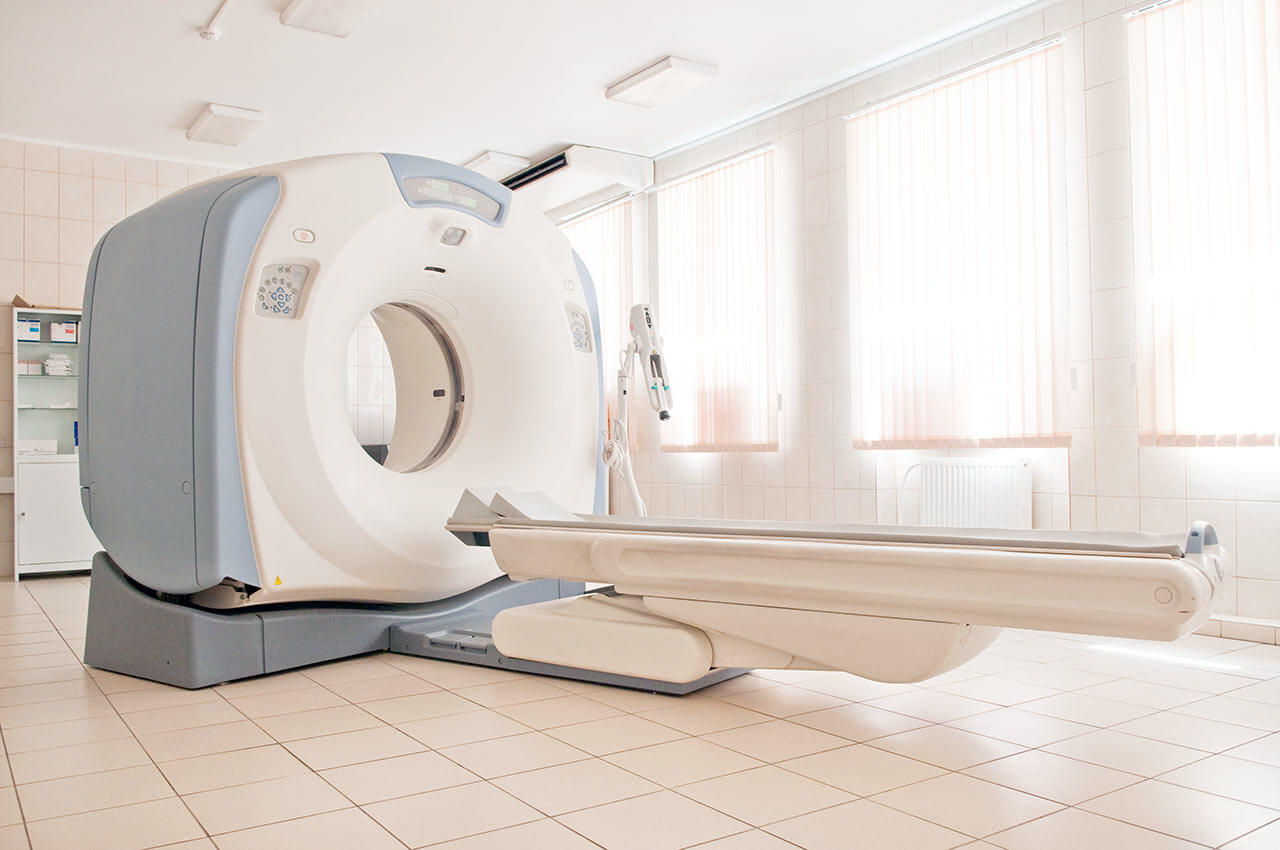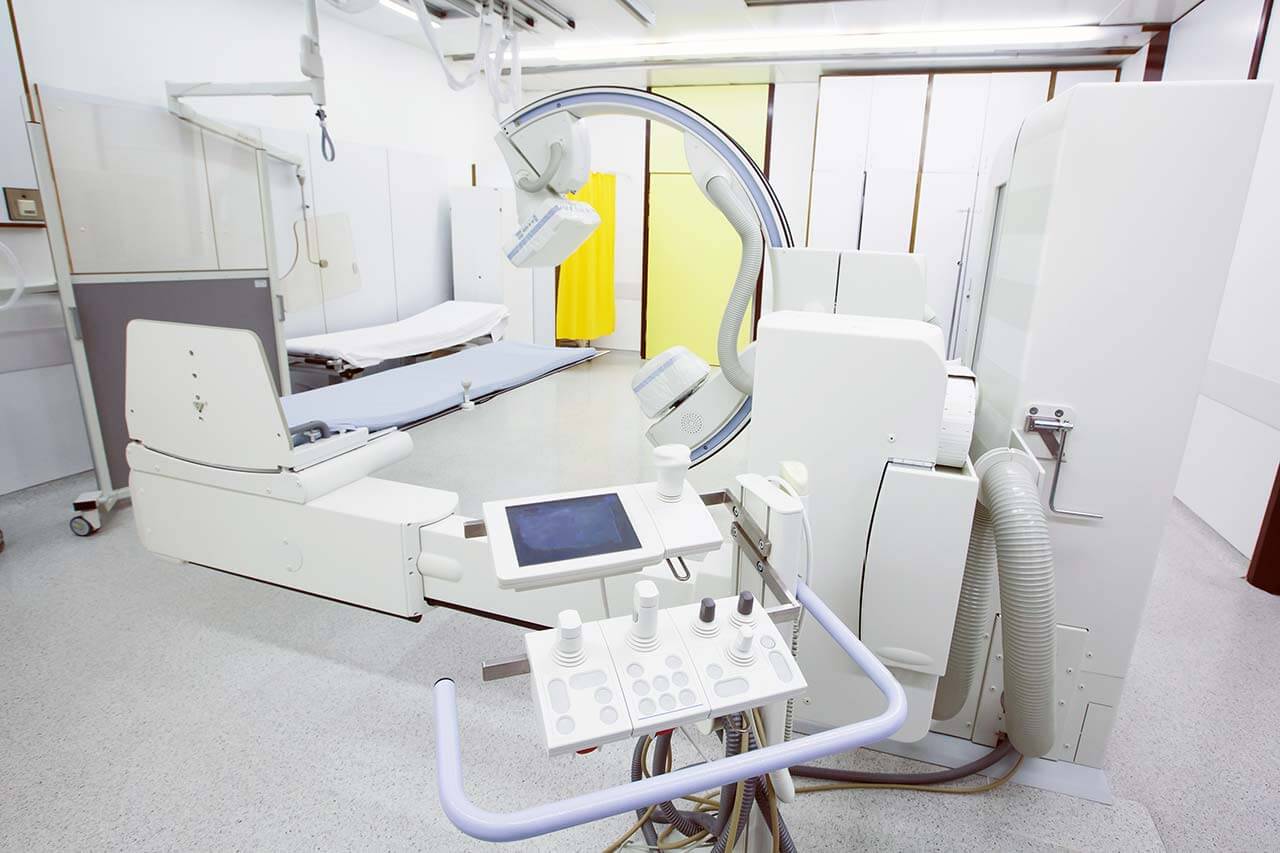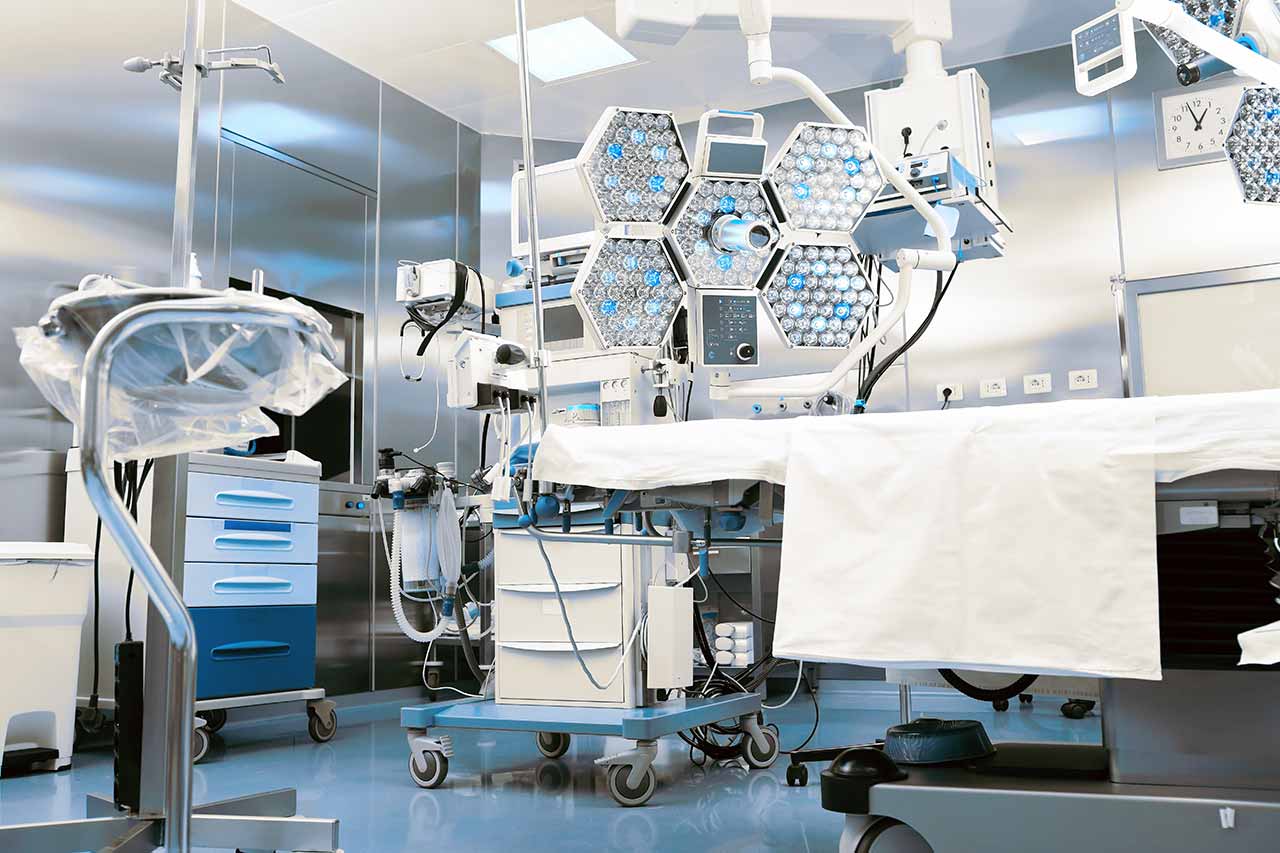
The program includes:
- Initial presentation in the clinic
- clinical history taking
- review of medical records
- physical examination
- laboratory tests:
- complete blood count
- general urine analysis
- biochemical analysis of blood
- determination of the concentration
of antiepileptic drugs in the blood - inflammation indicators (CRP, ESR)
- indicators blood coagulation
- neurological examination
- CT/MRI scan
- neuropsychological tests (on indications):
- ENMG (electroneuromyography)
- EEG (electroencephalography)
- SEPs (somatosensory evoked potentials)
- VEPs (visually evoked potentials)
- BAEP tests (brainstem auditory evoked potential)
- stationary EEG monitoring
- symptomatic treatment
- control examinations
- the cost of essential medicines and materials
- nursing services
- full hospital accommodation
- developing of further guidance
Required documents
- Medical records
- EEG (if available)
- MRI/CT scan (if available)
Service
You may also book:
 Price:
Price:
About the department
59 Booking Health patients have already received treatment in the Department of Neurology and Neurophysiology at the University Hospital Freiburg.
95% of patients recommend this hospital and department.
You can read reviews about the quality of the Booking Health service here.
The Department of Neurology and Neurophysiology at the University Hospital Freiburg offers the full range of services in the field of diagnostics and treatment of diseases of the nervous system. The medical institution specializes in the treatment of acute and urgent clinical conditions. It is also a certified supra-regional Stroke Center and an interdisciplinary Center for Neurovascular Diseases. In addition, using the methods of differential diagnostics and modern therapies, the doctors of the department provide an effective treatment of Parkinson's disease, multiple sclerosis, Lyme disease, meningitis and other pathologies. The department is headed by Prof. Dr. med. Cornelius Weiller.
It is known that the accurate diagnostics is the key to successful treatment, therefore, the department has the state-of-art diagnostic capabilities for the detection of neurological pathology of any severity.
The following diagnostic services are available here:
Electroencephalography | |
Electronystagmography (for example, in the case of eye movement disorders) | |
| Laboratory of Clinical Electrophysiology |
|
| Cerebrospinal fluid testing (for example, in meningitis, brain hemorrhage, multiple sclerosis, or brain tumors) | |
| Examinations of the autonomic nervous system | |
| Tremor diagnostics laboratory (patient's hand is examined at rest, when hanging down and in the outstretched position) | |
| All modern ultrasound examinations of the nervous system | |
| Other diagnostic methods |
The department specializes in the treatment of the following diseases of the nervous system:
| Movement disorders |
|
Epilepsy | |
Inflammatory processes in the peripheral nerves and brain (multiple sclerosis) | |
All types of headaches (for example, migraine, headaches due to trigeminal neuralgia, large number of drugs, etc.) | |
Neuromuscular diseases (for example, amyotrophic lateral sclerosis) | |
Dementia (neurogeriatrics) | |
Stroke (prevention, treatment, rehabilitation and follow-up care) | |
Brain tumors | |
Other diseases |
Curriculum vitae
- 1993 Habilitation.
- 1987 Doctor of Medicine.
- 1984 American medical examination (ECFMG).
- 1976 - 1983 Study of Human Medicine in Gent, Erlangen and Aachen.
Professional Career
- Since 2005 Professor of Neurology (C4) and Head of the Department of Neurology and Neurophysiology at the University Hospital Freiburg.
- 1999 - 2005 Professor of Neurology (C4) and Head of the Department of Neurology, Hamburg.
- 1996 - 1999 Professor of Neurology (C4) and Head of the Department of Neurology, Jena.
- 1991 - 1996 Senior Lecturer (C2) and Senior Physician of the Department of Neurology, Essen.
- 1990 - 1991 Postdoc at the MRC Cyclotron Unit, Hammersmith Hospital, London (Prof. Frackowiak).
- 1984 - 1990 Professional training in Pathology, Psychiatry and Neurology, Erlangen (Prof. V. Becker), Bonn (Prof. G. Huber), and Aachen (Prof. K. Poeck).
Honors and Awards
- Since 2005 Board of Directors, Hermann Paul Institute for Linguistics, Freiburg.
- Since 2004 Scientific Advisory Board, "Brain".
- Since 2004 Section Head, Faculty 1000, Neurology.
- 2004 - 2005 Expert Evaluation, EU.
- 2003 Founding Director of NeuroImage Nord.
- 2003 Director of the Lurija Institute, Konstanz.
- Since 2002 Editorial Board "NeuroImage".
- Since 2001 Co-editor of the journal "Neurologie und Rehabilitation".
- 2001 - 2003 German-American Frontiers of Science (GAFOS).
- 2000 - 2007 Professional Reviewer, German Research Foundation.
- Since 1998 Advisory Board of Tom Wahlig Foundation.
- Since 1995 Senior Honorary Fellow, UCL, London, UK.
- 1994 Hugo Spatz Prize of the German Society of Neurology.
- 1991 - 1993 Young Investigators Awards.
- 1990 Feodor Lynen Scholarship.
Membership in the Professional Societies
- American Heart Association (AHA).
- American Society for Neurorehabilitation.
- German Society of Neurology (DGN).
- German Society for Clinical Neurophysiology and Functional Imaging (DGKN).
- German Society of Ultrasound in Medicine (DEGUM).
- German Society for Neurological Intensive Care and Emergency Medicine (DGNI).
- German Society for Muscular Diseases.
- German Stroke Society.
- German Neuroscience Society (NWG).
- European Stroke Organisation (ESO).
- Society for Neuroscience (SfN).
- Society for the Neurobiology of Language.
Photo of the doctor: (с) Universitätsklinikum Freiburg
About hospital
The University Hospital Freiburg is famous for its rich history and is one of the oldest and most prestigious medical facilities in Germany (one of the three best medical institutions in the country). The hospital was based on the Faculty of Medicine of the Albert Ludwig University of Freiburg, which celebrated its 550th anniversary in 2007. It should be noted that the hospital is proud of its world-renowned specialists, many of whom during their work here have become Nobel laureates.
The medical facility represents all fields of modern medicine. It consists of 42 departments, 11 institutes and 10 interdisciplinary centers. The highly qualified doctors of the hospital deal with the treatment and rehabilitation of patients with both common and rare diseases. All departments and institutes of the hospital take an active part in fundamental researches of international scale, due to which patients have access to the very latest achievements of medicine, advanced diagnostic methods, state-of-the-art medical equipment and proven effective methods of therapy.
The hospital has a variety of medical achievements, for example, the world's first TIPS procedure, the first implantation of the Jarvik-2000 artificial heart in Europe, the first robotic-assisted surgery on the brain, and the first combined cardiopulmonary transplantation in the land of Baden-Württemberg. In 2004, the University Hospital Freiburg became the first German hospital, which performed kidney transplantation in the incompatibility of blood groups. At the moment, the hospital belongs to medical centers with the greatest experience in performing such an operation.
An interdisciplinary approach to treatment, highly qualified staff, as well as individual patient care and a pleasant environment are key to the hospital’s success.
Photo: (c) depositphotos
Accommodation in hospital
Patients rooms
The patients of the hospital are provided with comfortable rooms with a pleasant design, which create a conducive atmosphere for recovery. The standard furnishing of the patient room includes a telephone, a free radio and TV, a device for calling medical staff, lockers and a safe, an adjustable bed, a chair and a table. The pediatric departments are designed with play areas. The patient may be accommodated in a single or double enhanced-comfort room (for example, with an ensuite bathroom) at an additional cost.
Meals and Menus
The patients are offered good three meals a day with a large selection of dishes. The patients inform about their wishes to the menu in advance, and this information is transmitted to the kitchen. Throughout the day, patients may drink mineral water and tea, which can be found in the department on special tables. The bedridden patients receive drinks from the nursing staff. Other drinks may be purchased at the hospital’s cafeterias and bistro, where patients can come along with visitors.
If you do not eat some products due to intolerance or other personal reasons, please notify the nursing staff in advance, so that all your wishes to be taken into account when preparing the menu.
Further details
Standard rooms include:
Television
All patient rooms have a free radio and TV. The patients can also watch the hospital’s own 24-hour channel with a varied program and interesting information.
Accompanying person
At the availability of free beds, the accompanying person may be accommodated in the same room with the patient, at an additional cost. In addition, the hospital offers special accommodation conditions for patients requiring long-term hospitalization. Parents have at their disposal special apartments in the children's hospital.



